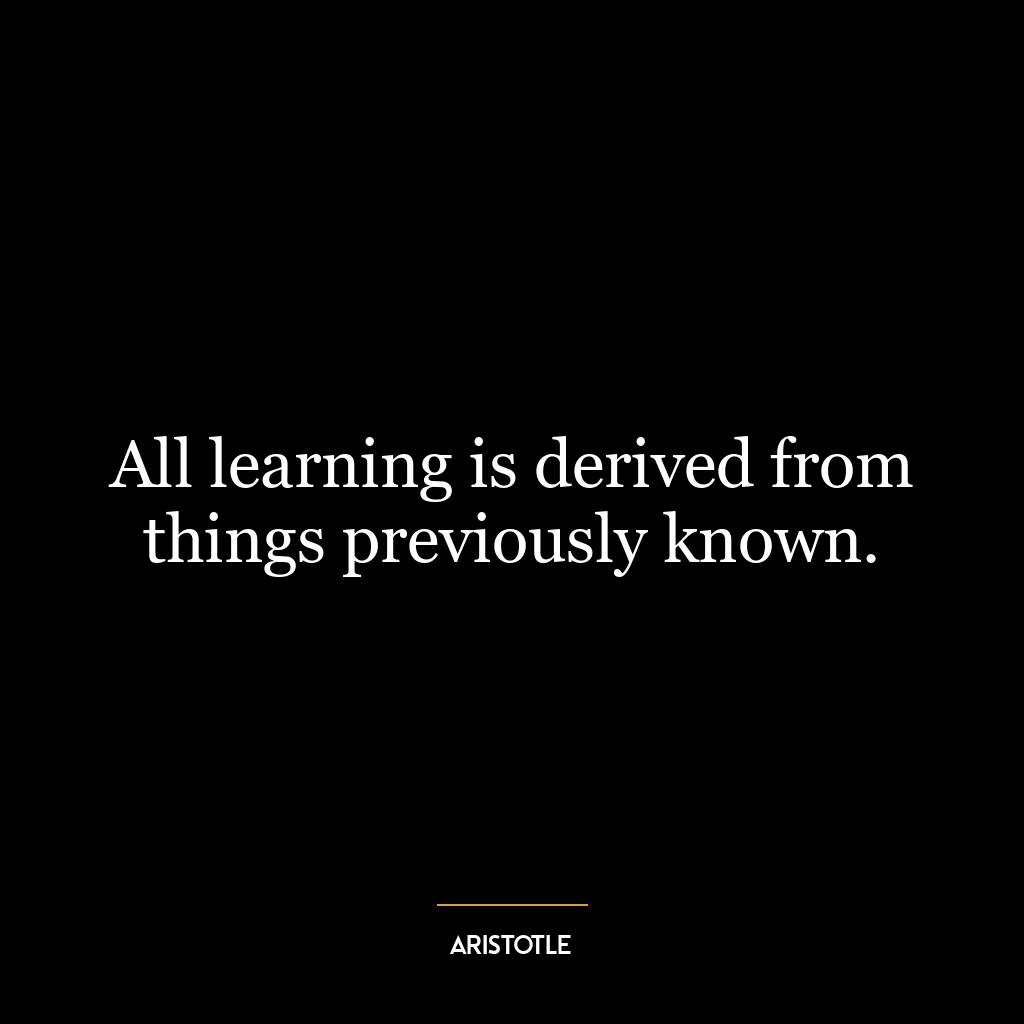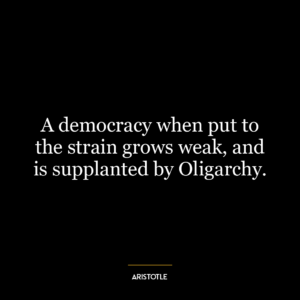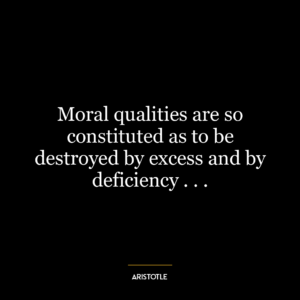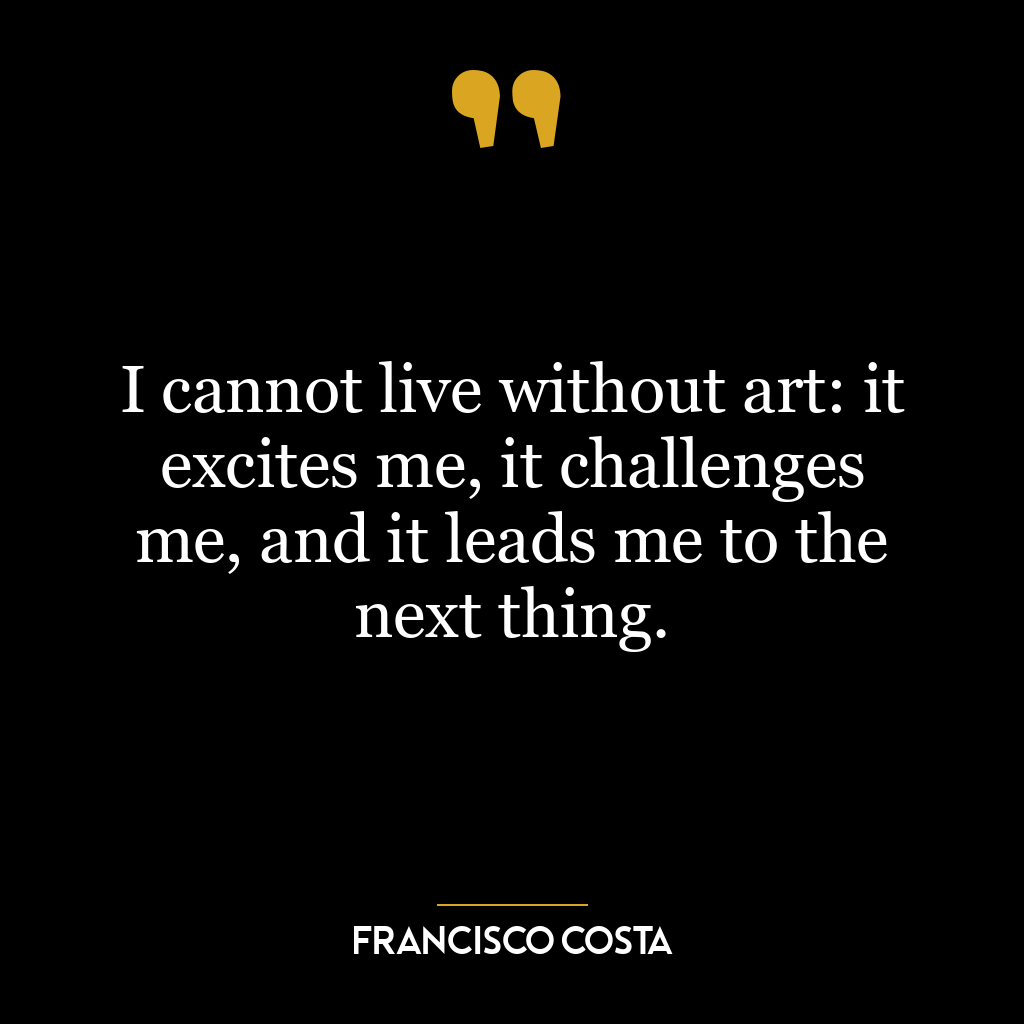The quote “All learning is derived from things previously known” suggests that all new knowledge we acquire is built upon the foundation of what we already know. It’s like building a house where the new information (the house) can’t be constructed without a solid base (the existing knowledge).
This concept is known as scaffolding in educational theory, where learning is a step-by-step process. Each piece of information we learn serves as a stepping stone to understand more complex ideas. For example, in mathematics, we first learn to count, which then allows us to understand addition, which in turn leads to multiplication, and so on. Each new concept is built upon the previous one, creating a structure of knowledge.
In today’s world, this idea is more relevant than ever. With the rapid advancement of technology and the explosion of information, continuous learning is essential. However, it’s not about randomly acquiring information. Effective learning involves connecting new information with what we already know, making sense of how things relate to each other.
In terms of personal development, it means that every skill or knowledge we gain becomes a building block for future learning. For instance, learning to play a musical instrument can enhance our understanding of different music genres, which can then influence our ability to compose music. Similarly, learning a new language can improve our communication skills, cultural understanding, and even cognitive abilities.
Moreover, understanding this concept can help us become more patient with ourselves in the learning process. It reminds us that it’s okay not to understand something complex immediately. It takes time to build upon what we know, and it’s through this process that true learning and understanding occur.
In conclusion, this quote reminds us that learning is an ongoing journey. Each piece of knowledge or skill we acquire is not an isolated entity, but a part of a larger, interconnected web of understanding.















